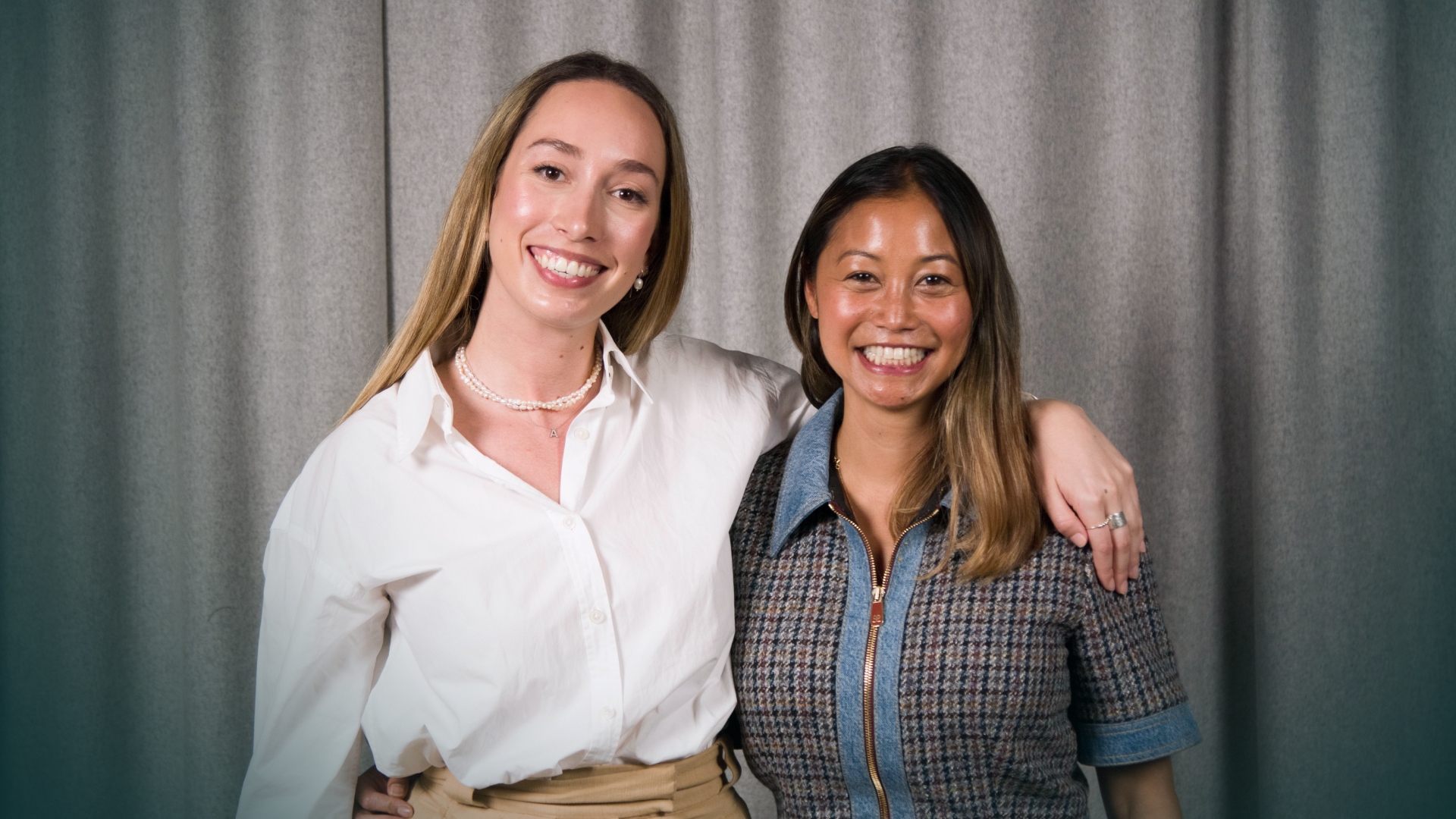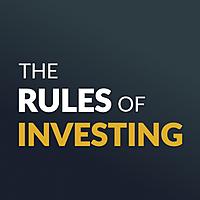Meet Armina Rosenberg: Mike Cannon-Brookes' former PM harnessing AI to outperform the market
Other ways to listen:
Note: This interview was recorded on Wednesday 9 October 2024.
In a world where artificial intelligence dominates headlines and promises to disrupt almost every industry, few fund managers are harnessing it as boldly as Armina Rosenberg.
For those who don't know her, "Arms" made a name for herself at Grok Ventures, the family office of Mike Cannon-Brookes. She's also worked on the sell side at JP Morgan and for Robert Whyte's family office Audant Investments.
Dubbed the "punk rock" portfolio manager by the Australian Financial Review back in 2019 - a label that has stuck, whether she likes it or not, despite no longer having pink hair - Arms is now paving a new path at AI-backed Minotaur Capital, alongside former Perpetual portfolio manager Thomas Rice.
The duo have developed Taurient, a proprietary software system, which helps with idea generation by collecting around 5,000 articles daily and feeding them into large language models (LLMs). Using detailed prompts on specific investment theses, such as finding companies undergoing a fundamental strategy change, this system allows Arms and Thomas to screen down the 60,000 listed global companies to a manageable list of about 150.
In addition, it scores each stock based on how it would contribute to portfolio diversification and risk. Taurient also writes 2,000-word reports on any given stock detailing its revenue and earnings drivers, the bull and bear case, and whether it can double in three years or 10x in a decade. This means Arms and Thomas spend far less time on stocks that aren't worth their time.
That's not all, it also helps with portfolio construction - and, in real-time, demonstrates what adding, increasing, decreasing or exiting a given stock would mean for the portfolio in terms of factor exposures and risk metrics. But as Arms explains, Taurient isn’t about replacing the human element of investing altogether - it enhances it.
As for the future, Arms and Thomas are constantly working on the next generation of Taurient - testing and adapting the software so it's more efficient. It seems to be working, with the fund returning 5.93% gross up to the end of September since its inception on 10 May, compared to the MSCI All-Country World Index's 4.74%.
In this podcast, Arms shares how Taurient works, how it helps the duo identify long and short opportunities, how investors can use AI to improve their own strategies, as well as a few stock ideas to get investors started.

Timecodes
- 0:00 - Intro
- 2:13 - Lessons learnt from managing the wealth of Australia's mega-rich
- 7:32 - Family involvement in investment in family offices
- 8:56 - Differences between how retail investors and mega-wealthy invest
- 10:01 - What makes Minotaur Capital different from its peers
- 13:23 - How Arms and Thomas met
- 15:26 - How Minotaur's AI system Taurient works
- 25:21 - Mix of fundamental investing and AI
- 26:30 - Can AI help to know when to sell a stock?
- 27:37 - Can investors develop an AI-backed system themselves?
- 29:04 - How investors can use ChatGPT to make smarter investing decisions
- 31:21 - The future of funds management in an AI world
- 34:32 - Where the team sees opportunity today i.e. exciting themes
- 37:13 - Energy companies making waves on the global stage
- 39:10 - AI winners - why Minotaur is backing smaller players over the behemoths
- 39:55 - Healthcare ideas - and an emerging oral GLP-1 winner in Japan
- 41:25 - Why Japan is a "once in a generation opportunity"
- 42:53 - An example of a company Minotaur is shorting
- 45:18 - What the market is getting wrong today - private credit
- 47:36 - Stories of wins and losses and lessons from these
- 51:51 - Two stocks for the next five years (if the market were to close in that time)
3 topics


